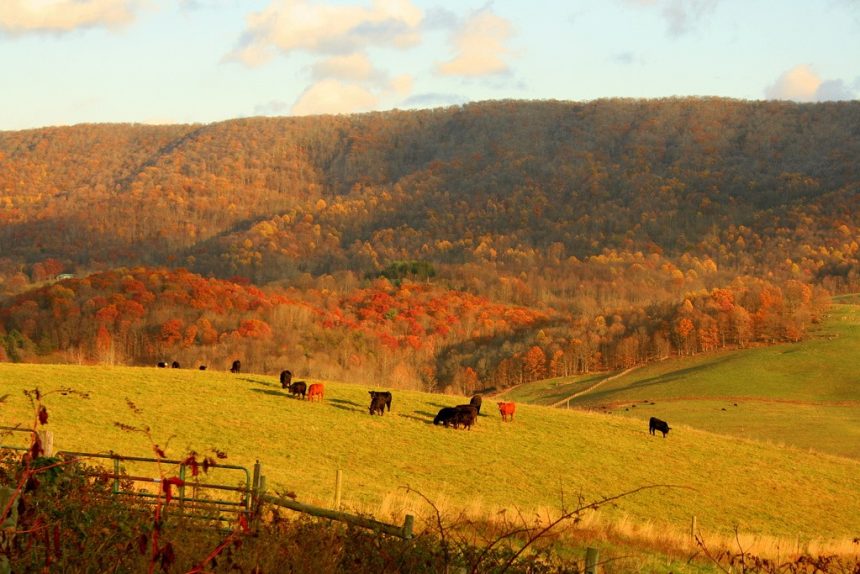Commissioner of Agriculture and Commerce Andy Gipson applauds the Trump administration and the U.S. Department of Agriculture on the second round of the Coronavirus Food Assistance Program (CFAP 2).
The assistance will provide an additional $14 billion dollars for agricultural producers who continue to face market disruptions and associated costs because of COVID-19.
“I encourage all of our farmers across the state to evaluate the impact of COVID-19 on their operations and consider whether this program could help in their recovery,” said Commissioner Gipson. “Additional commodities have been added to CFAP 2, and I thank the Trump administration for making these commodities eligible for the program.”

CFAP 2 payments will be made for three categories of commodities – Price Trigger Commodities, Flat-rate Crops and Sales Commodities. Price trigger commodities are major commodities that meet a minimum five-percent price decline over a specified period of time.
Flat-rate crops either do not meet the five-percent price decline trigger or do not have data available to calculate a price change. Sales commodities eligible for CFAP 2 include specialty crops, aquaculture, nursery crops and floriculture, and other commodities not included in the price trigger and flat-rate payment categories.
Click here for a full list of eligible commodities outlined by payment category.
Under CFAP 2, there is a payment limitation of $250,000 per person or entity for all commodities combined. Applicants who are corporations, limited liability companies, limited partnerships may qualify for additional payment limits when members actively provide personal labor or personal management for the farming operation. In addition, this special payment limitation provision has been expanded to include trusts and estates for both CFAP 1 and 2.
Producers will also have to certify that they meet the Adjusted Gross Income limitation of $900,000 unless at least 75 percent or more of their income is derived from farming, ranching, or forestry-related activities. Producers must also be in compliance with Highly Erodible Land and Wetland Conservation provisions.
You can sign up now through December 11, 2020.







